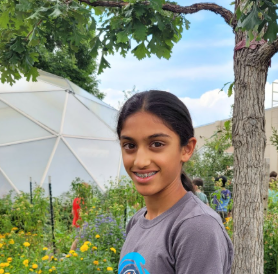Pancreatic cancer is considered one of the hardest cancers to treat, and 90% of cases are fatal. It affects the pancreas, an organ that releases hormones to regulate blood sugar levels in the body and produces enzymes to help in digestion.
Why is pancreatic cancer so hard to treat? –
The gene mutation that usually causes pancreatic cancer is not treatable yet, and the immune system struggles to recognize it. In addition, victims don’t show any symptoms in the early stages of the disease, so it is usually diagnosed in the later stages of cancer when not much can be done about it. Also, tumors in the pancreas get knotted up in the surrounding body tissues and blood vessels, so surgical removal of the growth can be dangerous and difficult. This also makes the tumors hard to access by chemotherapy drugs, as the treatment cannot penetrate the tissue around the cancer’s location. Lastly, scientists believe that the pancreatic tumor weakens the immune cells around it, making it hard for the immune system to combat the cancer.
About the pancreatic cancer vaccine –
The new treatment for pancreatic cancer is in the form of an mRNA vaccine. This type of vaccine teaches cells to make a protein enabling the immune system to fight a certain disease. mRNA vaccines have also been used to prevent against COVID-19. In this case, the vaccine trains the immune system to pick out pancreatic cancer, which it often can’t recognize. The vaccine is personalized for each patient, tailored for the mutations in their genes.
Several years ago, a team at the Memorial Sloan Kettering Cancer Center began a small clinical trial(or a trial where multiple subjects are treated for a condition to test the drug’s efficiency), to try out this new vaccine for the disease. Dr. Vinod Balachandran, the director of Olayan Center for Cancer Vaccines at Memorial Sloan Kettering, led this trial. In the test, 16 patients with pancreatic cancer were given the vaccine. The results were very promising – only 2 of these patients saw their cancer return after three years. This is a major breakthrough, and it gives hope to all of the people who have been affected by this devastating disease.
Next Steps –
By collecting information about the different mutations that cause pancreatic cancer, Balachandran says that we could then create a library of this information. This could lead to us understanding more and more about how cancer and cancer treatments work, so that we could maybe develop preventative treatments against cancer in the future.
Cites –
https://www.sciencefriday.com
https://www.cancercenter.com
https://my.clevelandclinic.org
https://grants.nih.gov
https://www.cancercenter.com








